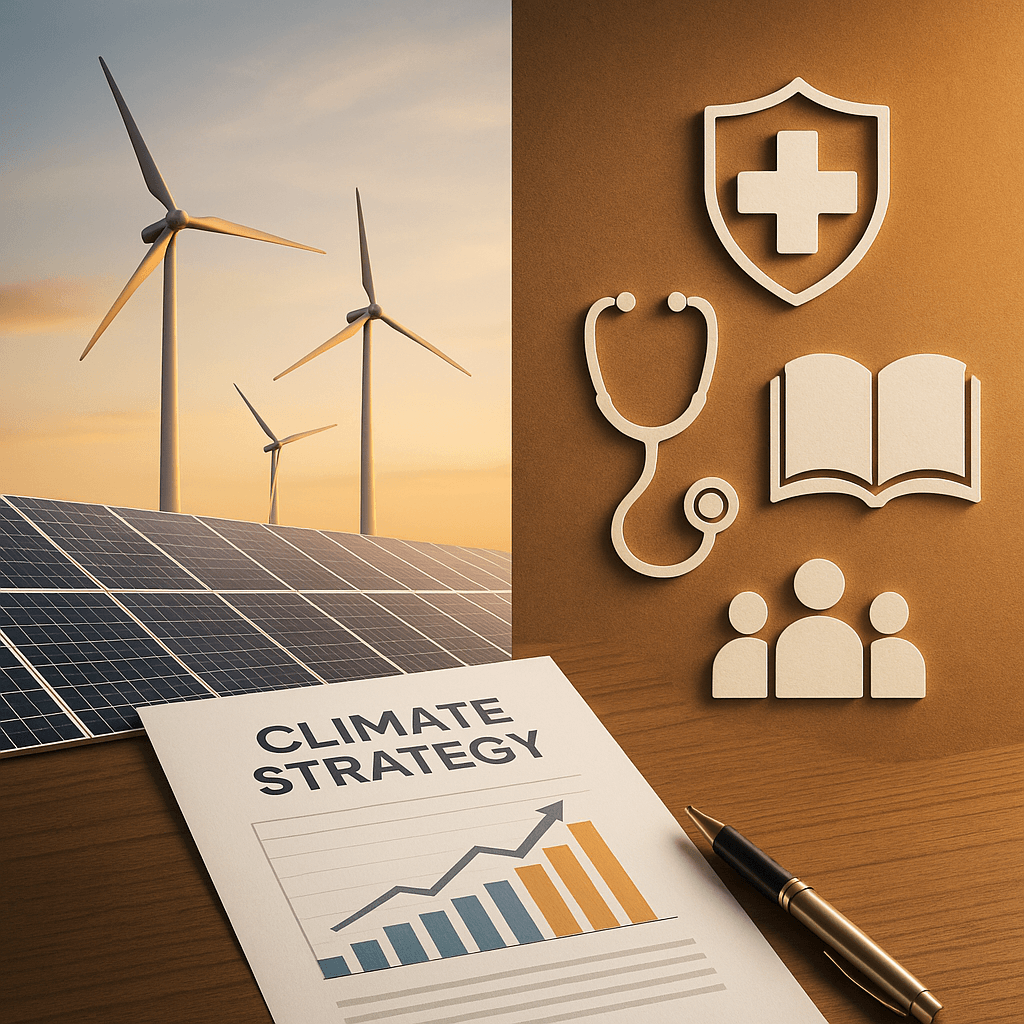Bill Gates is making a dramatic shift in his climate approach, moving away from his 2021 'How to Avoid a Climate Disaster' messaging. The Microsoft co-founder now argues that too many resources focus on emissions while neglecting human welfare, poverty, and disease - a pivot that comes as his climate fund cuts staff and Trump withdraws from Paris again.
Bill Gates just threw a curveball at the climate movement. The Microsoft co-founder who wrote 'How to Avoid a Climate Disaster' in 2021 is now telling world leaders they've got it backwards - and his timing couldn't be more loaded.
In a letter published Tuesday ahead of next week's COP30 summit, Gates argued that 'too many resources are focused on emissions and the environment' while money should go toward 'improving lives' and curbing disease and poverty. 'Climate is super important but has to be considered in terms of overall human welfare,' Gates told CNBC's Andrew Ross Sorkin in an exclusive interview.
The shift isn't just rhetorical. Gates called out the 'doomsday view' of climate change and urged leaders to make a 'strategic pivot' toward issues with the 'greatest impact on human welfare.' He even labeled the Paris Climate Agreement's 1.5-degree warming target as 'unrealistic' - a stunning reversal from someone who's invested billions in climate tech.
But here's where it gets interesting: this pivot comes as Gates' own climate empire shrinks. Breakthrough Energy, his climate-focused investment fund, reportedly cut dozens of staffers earlier this year. The New York Times reported the 'change shows how Mr. Gates is retooling his empire for the Trump era' - and Trump just pulled the U.S. out of Paris again with an executive order.
The climate world is watching this unfold with mixed reactions. Gates defended his position as 'intellectually the right answer,' even if it's not popular. He's essentially arguing that focusing on immediate human needs - healthcare, poverty reduction, disease prevention - will do more good than laser-focusing on carbon emissions targets that may be impossible to hit anyway.
Meanwhile, Microsoft itself is struggling with this exact tension. The company set ambitious 2030 net-zero targets, but sustainability chief Melanie Nakagawa admitted in February that 'the moon has gotten further away' as the company doubles down on AI. The massive energy demands of data centers powering AI models are making those climate goals look increasingly unrealistic.












